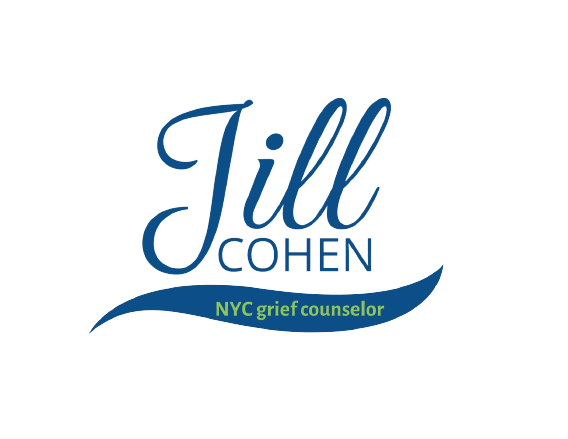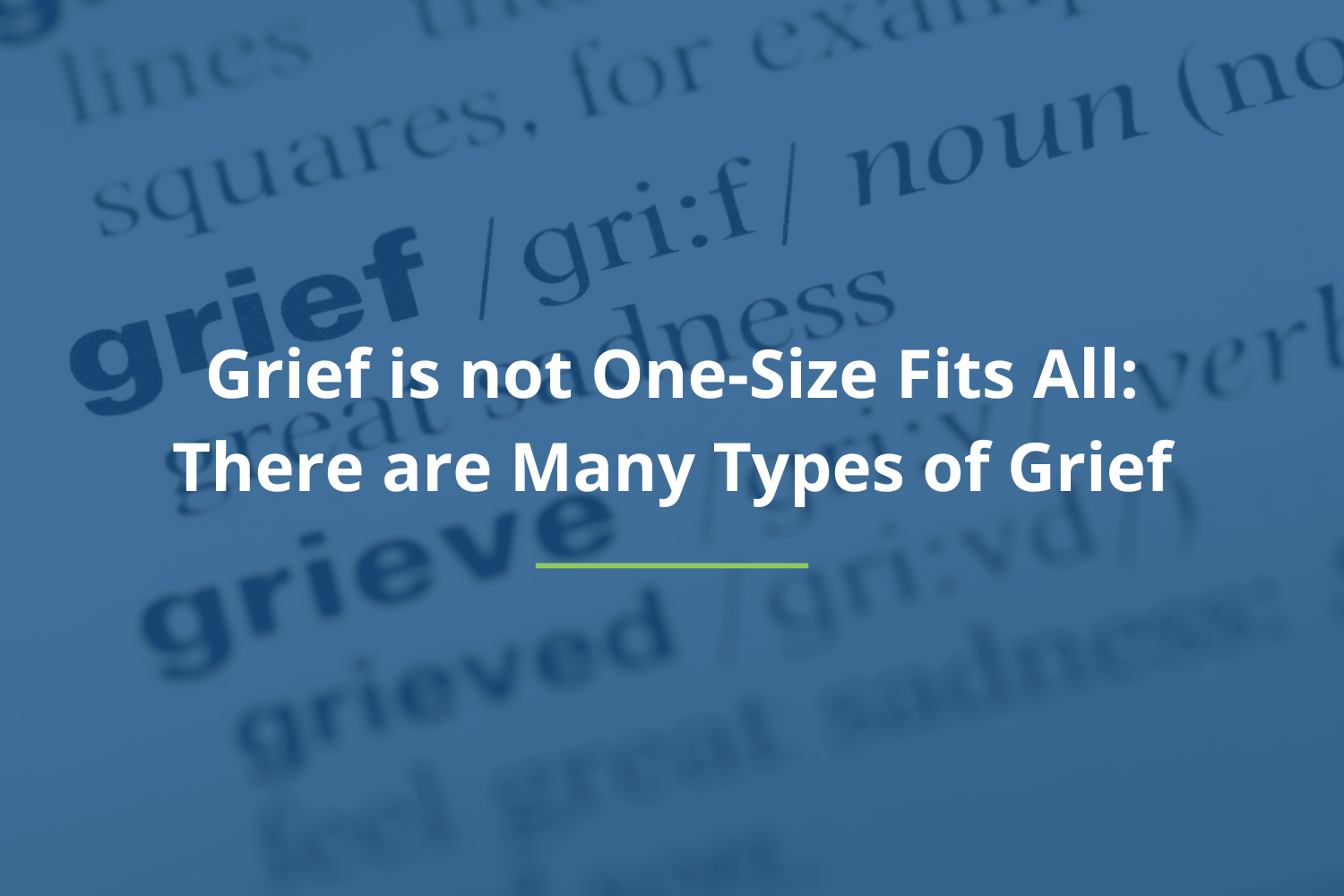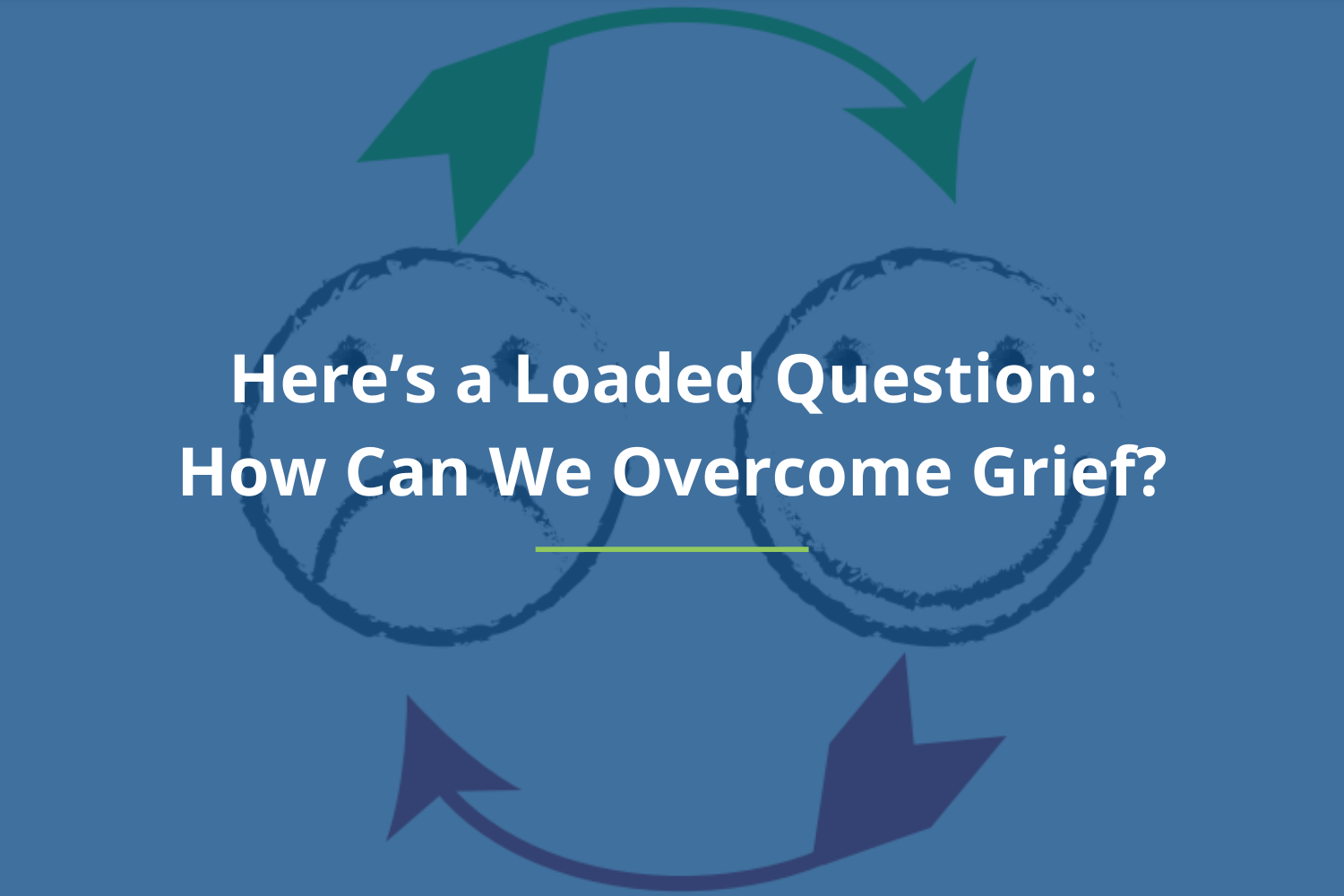
Blog
A Caregiver’s Guide to Coping with Stress and Burnout
Most caregivers don’t worry about their own health since they’re solely focused on the person for whom they’re caring. But those who provide care to an older or disabled loved one tend to live with high chronic stress and skimp on self-care…
Avoid Major Decision-Making While Grieving—Why This is So Important
The phrase “don’t make any big decisions for the first year after a loved one dies” is not a myth. It’s a rule, for a reason. Here’s why…
Grief and Intimacy: A Hot Topic for Young & Old
In my practice, many of my bereaved clients have experienced the death of a spouse or partner, and along with all the other life changes, there exists the loss of the intimacy which they shared with that person. Grievers often feel that they have to keep this topic to themselves, and they don’t have a place to express this. In my practice, I encourage grievers to open up about this, because…
Grief is not One-Size Fits All: There are Many Types of Grief
Most people seem to think that “grief” is just “grief.” But in reality, there are many different types.
Grief is the reaction to a loss in your life. It most commonly refers to the death of a loved one, but includes the loss of physical or cognitive abilities, like a job, or a marriage, or a home. Grief can be expressed through emotions, but also through physical, behavioral, social and cognitive ways. It all counts as “grief.” So what are the different types of grief?
Your Grief Might Be Harder After the First Year
Grief changes in the second year, and for some, this grief is harder to navigate alone.
Year One is full of shock, denial, trying to adjust to a “new normal,” living without their loved one, taking care of paperwork tasks and maybe even curtailing social activities. Sadness, Maybe anger. Maybe guilt. Maybe relief, Maybe any and all emotions that come along.
Year Two kicks in with some of these thoughts…
July 4 Is Independence Day. Let’s Talk About The Independence of Grief.
Read my favorite article about Independence from grief from Hospice Foundation of America. It’s time to find independence from your grief. Read more to find out how.
When A Grandparent Dies, The Loss Can Be Large
For a child, the death of a grandparent can present a big life change. Keeping in mind that children are the “forgotten grievers”, consider these thoughts for a moment or two. Read More…
Memorial Day: Like Grief, It’s All About Remembrance
When dealing with grief, remembrance is an established principle that helps heal, so we can go on living our lives in meaningful ways. Memorials are an important part of every culture. To find out how grievers are impacted by memorial day read more!
What You Know about the “Five Stages of Grief” is Wrong
At some point in our lives, most of us will experience intense emotional grief from losing a loved one. Bereavement is normal and a necessary part of processing deep loss. However, what many people don’t realize is that overcoming grief does not occur in neat, linear stages. Read More…
Grief is a Public Health Concern
The devastating impacts of the COVID-19 pandemic have led to another public health issue: the grief pandemic. The scale of pandemic-related grief is tremendous and is a public health concern.
The Importance of Community in Overcoming Grief
More than 5 million of America's children have lost caregivers in the first 19 months of the pandemic alone… As a result, mental health experts believe that the mental health damage from the pandemic could last for a generation.
What to Do to Help a Grieving Friend or Family Member
There are times in our lives when we are either speechless at a loss for words, and times when we think we have said the wrong thing to someone. Grieving is one of the situations which creates these outcomes for us. Read More…
The Cremation Process
Death can be difficult to talk about. But by pre-planning your funeral arrangements, you can save your family from stress and financial hardship. Have you considered cremation?
Holiday Grief: Don’t Forget to Support Grieving Children
When it comes to bereavement, a lot of attention is directed towards adults. Remember one thing, though… CHILDREN ARE THE FORGOTTEN GRIEVERS.
Here’s a Loaded Question: How Can We Overcome Grief?
The reality is that your loved one who has died is no longer here physically on this earth with us. Since we can’t change that fact, how can we try to overcome loss and grief? There are ways to work through the grief.
New Children’s Book About Grandparent Loss and Happy Memories
This book is such a heartwarming true story of a grandfather, as told by his young granddaughter Periwinkle. It’s about how he embarked on a mission to ensure that she will always remember him. It’s such a moving story that grandparents may shed a tear and children will learn a beautiful subtle life lesson about loss, memory, joy, and legacy.
Grief For Widows And Widowers Can Prove Harder After First Year
I often have new clients coming in to see me a year or more after their loved one has died. Naturally, they thought that if they could make it through the first year, they'd be solid. But, no, grief changes in the second year, and for some, is harder to navigate alone.
When Grievers Play the “Blame Game” and When Guilt Goes with Grief
The BIG B for many grievers is BLAME. And playing the” blame game” is not a fun game to play. It’s a game that can consume you forever if you allow it to. And moreover, the value of playing is low, since it will not bring back your loved one.
Grieving the Loss Of A Loved One? Try Grief Counseling Virtually! It works.
I have just completed over one year of my grief counseling private practice on the zoom platform.
And here’s the good news. IT WORKS.
Find out how to get started with virtual grief counseling now!
During and After Grief, it is Possible to Find Happiness
You can find joy during times of grief. And you should. Staying in the “heaviness” of grief without shifting to some “lightness” is a profoundly uncomfortable way of being.




















